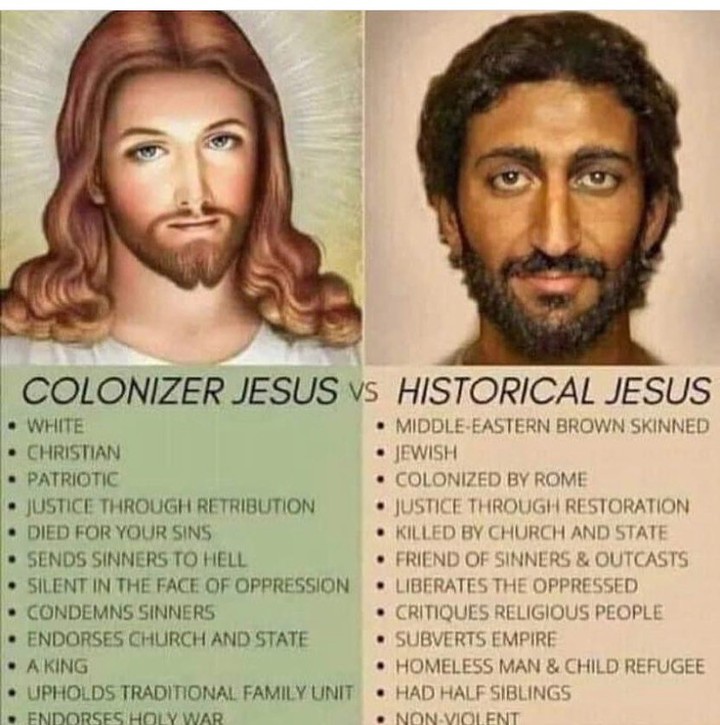The Bible is the Mark of the Beast!
This is just so bizarre, I have to share…
Okay, I have some questions…
The Argument
It’s very hard to tease out an argument from this video, but it seems to be:
1. Timothy was filled with the Spirit
2. Therefore God’s Word can’t be written down? Or maybe therefore Scripture has ceased to be Scripture?
Try as I might, I can’t see how (1) implies (2).
Self-Contradiction?
I don’t understand why he quotes the Bible to try and prove that the Bible is the Mark of the Beast. Surely that’s a self-contradiction?
The Defeater
Another verse in a letter to Timothy rather destroys their case (whatever it may be) by affirming the enduring value of the Old Testament:
“…from infancy you have known the Holy Scriptures [Old Testament], which are able to make you wise for salvation through faith in Christ Jesus”
2 Timothy 3:14
If the Old Testament can “make you wise for salvation”, how can it be the Mark of the Beast?
Okay, we have some answers! (Sort of)
I posted these questions in the comment section of the video and received the following reply:
All scripture WAS given by inspiration of God under the OLD Covenant, but that is done away in Christ. Now Jesus is the word of God and He speaks to us by the Holy Spirit, not the dead letter. I quote the bible because it holds authority with bible worshipers. To me it is only history and has no authority at all. I use it to show people that they are wrong to be controlled by it and that the saints under the new covenant also taught to be led by the Spirit, not the letter. I am trying to wake them up from their delusion that they think they are saved by claiming scriptures. We are to be led only by the Spirit of Christ, and not controlled at all by the bible. The bible is only history and it is good for information but not for faith. We are not to have any faith in the words in the bible, our faith must be in the Spirit. I do not claim words from the bible for my faith. Read the bible as history all you want, but do not have faith in it. Have faith in the LIVING JESUS CHRIST. You THINK you are saved by claiming scriptures but you will not come to the LIVING JESUS that you can actually be saved. Ask Jesus for the Holy Spirit. It is your only hope. The gospel is not written with INK, nor on tablets of stone, but on our hearts by the SPIRIT of the LIVING GOD.
@BIBLEIsMARKofBEAST
An ancient understanding?
I responded by saying that I not see how any of those passages affirm that the Bible is the Mark of the Beast. I asked him if he could think of any Christian from antiquity who affirmed his position.
The Bible isn’t good for faith?
It seemed strange to me for him to say that “The bible is only history and it is good for information but not for faith” since John 20:31 says the opposite, namely that “…these have been WRITTEN that you may BELIEVE that Jesus is the Christ, the Son of God, and that believing, you may have LIFE in His name”.
Past or Present?
However, the crucial problem with his argument is that when Paul writes to Timothy, he says “All Scripture IS God-breathed and IS useful for teaching etc.” He doesn’t speak in the past tense, even about the Old Testament. Where does he ever say that it is done away with? Peter doesn’t give this assessment in 2 Peter 3:16, the only negative thing he says about the Scriptures is that the ignorant twist them to their own destruction…
Unsurprisingly, in his reply, he didn’t give me the name of anyone from antiquity…
He was speaking in the past tense, there was no new testament bible when Paul told Timothy that, that word “IS” was added by a demonic priest. It is too bad that you do not KNOW JESUS CHRIST and only know ABOUT HIM. You are a bible convert and not a born again HOLY SPIRIT FILLED CHRISTIAN. You are just like the pharisees that Jesus told this too. Search the scriptures; for in them ye THINK ye have eternal life: and they are they which testify of me. And ye will NOT COME TO ME THAT YOU MIGHT HAVE LIFE. On the other hand, I HAVE MET JESUS CHRIST AND HE SPOKE TO ME MANY TIMES DIRECTLY. So I know what I am telling you is THE ABSOLUTE TRUTH. But you cannot receive the truth, so you reject the LIVING WORD OF GOD and have faith in the dead letter which means you are dead.
@BIBLEIsMARKofBEAST
A “demonic priest” changed the tense of 2 Timothy 3:14?! That’s quite a claim! I asked him how he knew, whether he found a manuscript variation…
Needless to say, it has gone very quiet…










